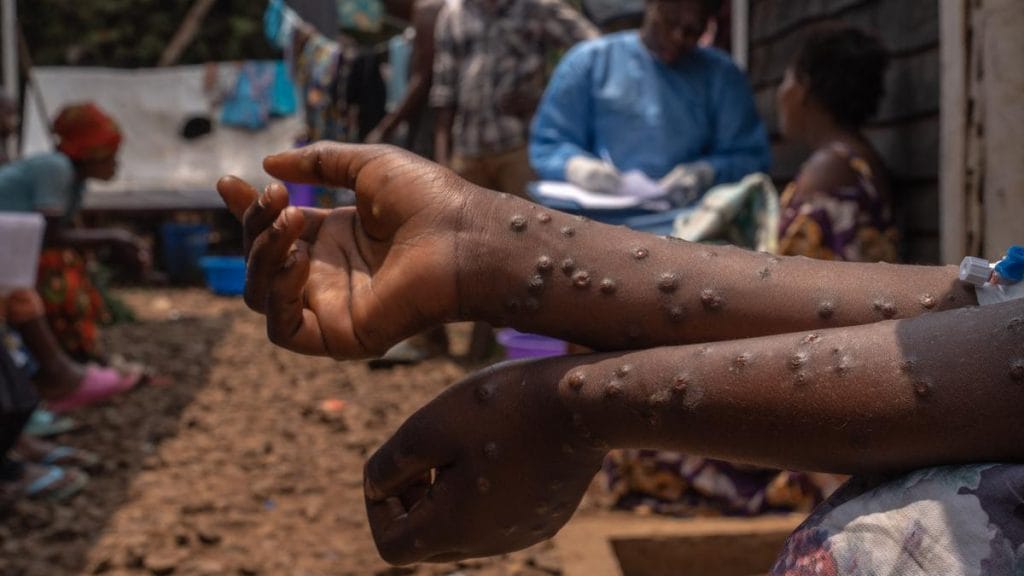Sierra Leone is grappling with a rising mpox outbreak, with the Ministry of Health confirming 2,045 cases and 11 fatalities since the start of the year. The most recent figures, released on Monday, show a concerning surge of 165 new cases reported in just one day.
The rapid increase in infections has prompted urgent action, with the government requesting international assistance. Health Minister Austin Demby, addressing the national parliament, revealed that the country has sought 100,000 doses of mpox vaccine from India to help manage the crisis. Demby emphasized that while the situation is serious, Sierra Leone has demonstrated resilience in handling previous health emergencies, including Ebola and COVID-19.
“We have faced significant health challenges in the past, and we will rise to meet this one as well,” Demby said, reassuring the public that the nation would prevail.
The surge in cases follows a steady rise in infections, which began with just a few cases in January. By March and April, daily case numbers had increased to around 50, and in May, a significant spike was observed, particularly in the western regions of the country. The increase in cases has prompted the government to open four dedicated treatment centers in Freetown, aimed at managing the growing caseload.
Other African nations, including the Democratic Republic of Congo, Rwanda, Tanzania, Burundi, and Kenya, have also reported rising mpox cases, contributing to a regional outbreak.
Mpox, a viral disease related to smallpox, presents with symptoms such as fever and skin lesions. First identified in the Democratic Republic of Congo in 1970, the disease had remained largely confined to certain African nations until it began spreading more widely in 2022. The World Health Organization declared the outbreak a public health emergency in 2024, raising the global alert to its highest level.
In Sierra Leone, the government’s efforts to contain the virus are a reminder of the country’s ability to navigate major health crises. A decade ago, the nation was one of the hardest hit by the Ebola epidemic, which claimed thousands of lives. As Sierra Leone faces this latest challenge, health authorities remain focused on controlling the outbreak and preventing further spread.



